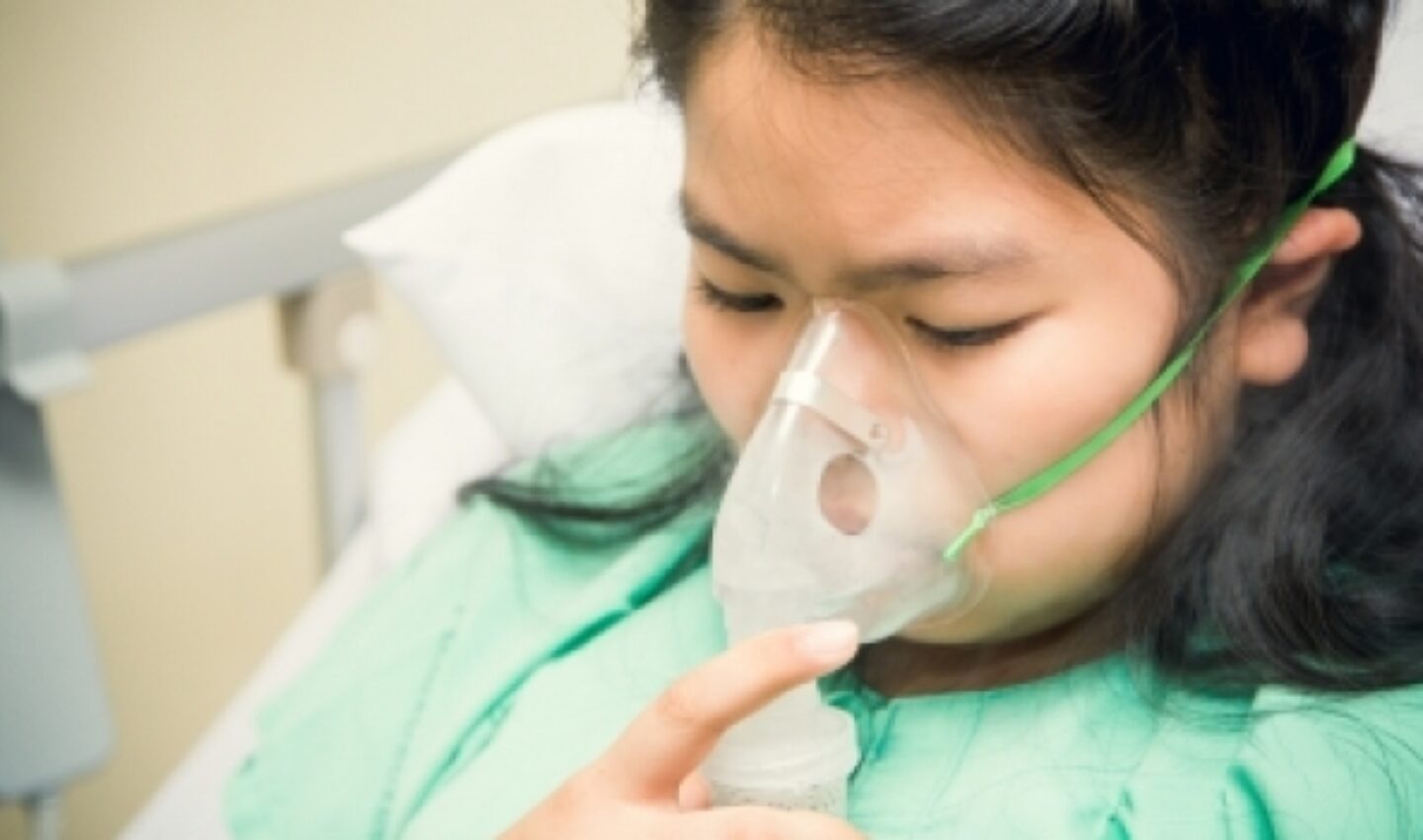UMass Medical School is partnering with MassHealth, the state Medicaid program, on a pilot that aims to improve health outcomes of children with high-risk asthma and reduce costly hospital visits through nontraditional interventions and services.
“Health starts in the community and at home. This bundled payment is designed to give primary care doctors the flexibility to coordinate with community partners and families to keep kids out of the hospital and in school instead,” said Umbereen S. Nehal, MD, MPH, associate medical director in the Office of Clinical Affairs at UMass Medical School. Nehal is the UMass Medical School clinical co-lead of the program.
The Children’s High-Risk Asthma Bundled Payment demonstration will focus on children 2 to 18 years old whose asthma would most likely lead to hospital treatment without intervention. A limited number of primary care practices selected through a competitive process will participate in the pilot.
“This is a comprehensive approach to care that seeks to address the complexities of pediatric asthma,” Massachusetts Health and Human Services Secretary John Polanowicz said in a statement. “We appreciate that the federal Centers for Medicare and Medicaid Services has approved this pilot, and we look forward to working with MassHealth providers to keep children healthy.”
UMass Medical School’s Commonwealth Medicine division has been collaborating with MassHealth on the program since 2011, shortly after legislation required the state to develop bundled payment models for health care.
“Alternative payment models give primary care practices the ability to target resources for nontraditional preventive care, coordination and supplies to the children who would benefit most from these services,” said Katharine London, MS, a principal at the Center for Health Law and Economics at UMass Medical School. London serves as the program lead for UMass Medical School.
Participating providers would receive a monthly payment for asthma-related services not traditionally covered by insurance. Patients could receive vacuum filters, mattress covers or home visits from community health workers who teach families ways of reducing household triggers.
Research has shown that these alternative services can reduce asthma triggers and, as a result, cut down on costly care that includes emergency room visits, hospitalization and prescriptions.
“We are proud to be piloting this program at MassHealth,” state Medicaid Director Kristin Thorn said in a statement. “This approach will benefit the health and well-being of the children and their families we serve, while reducing the overall costs associated with acute asthma care.”
UMass Medical School and the Department of Public Health are developing a learning collaborative for the participating practices. The collaborative will teach practices how to allocate and maximize resources, connect with community partners, and serve the needs of children and families.

